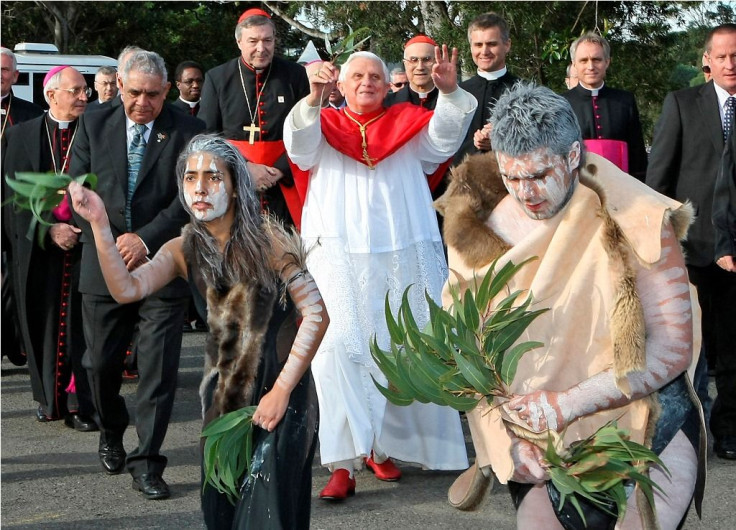Officials At Brisbane Airport Refuse To Consider Aboriginal Passport As ‘Valid Document’

Aboriginal sovereignty campaigner Callum Clayton-Dixon said that his passport had been refused by customs officers. The chairperson of the Aboriginal Provisional Government said that the incident had taken place at Brisbane Airport.
Clayton-Dixon said that the officers had questioned him for half an hour on Friday when he arrived at the Brisbane International Airport from New Zealand. He was apparently told that his Aboriginal passport was not a valid travel document. Clayton-Dixon said that his Australian citizenship had been eventually confirmed by an immigration official though other means. He was allowed to enter the country thereafter.
According to Clayton-Dixon, the Australian government must recognise the Aboriginal Passport. He argued that countries like Sweden, Norway and Libya allowed aboriginal members to enter the countries with such passports.
While Clayton-Dixon insisted that he would continue to travel with his Aboriginal Passport, Customs said in a statement that it was not recognised as a valid document. However, the bearer of such passports will be granted entry if officials are capable of verifying that the person has been legally allowed entering Australia.
Clayton-Dixon insisted that it was a right for Aboriginal people to use the passport. "We as Aboriginal people collectively have the fundamental human right as recognised by the United Nations to determine our own political independence and our own political status and the Aboriginal passport is a statement and an assertion of this right," he said.
“Australia’s most read columnist” Andrew Bolt wrote that it was racist to divide Australians by their races. He argued that each race had different constitutional standing depending on whether they had some Aboriginal ancestors. He added that many people were worried when Aboriginal leader Noel Pearson offered a “compromise” for the Parliament to pass a “symbolic and poetic recognition of the nation’s history and heritage in a declaration.”
The Aboriginal Provisional Government was formed in 1990 to fight for indigenous sovereignty. Several hundred of such passports have been issued since then. The official APG website says that its vision is for Aboriginal people “to take their place among the nations and peoples of the world, not beneath them.”
Contact the writer: s.mukhopadhyay@ibtimes.com.au





















